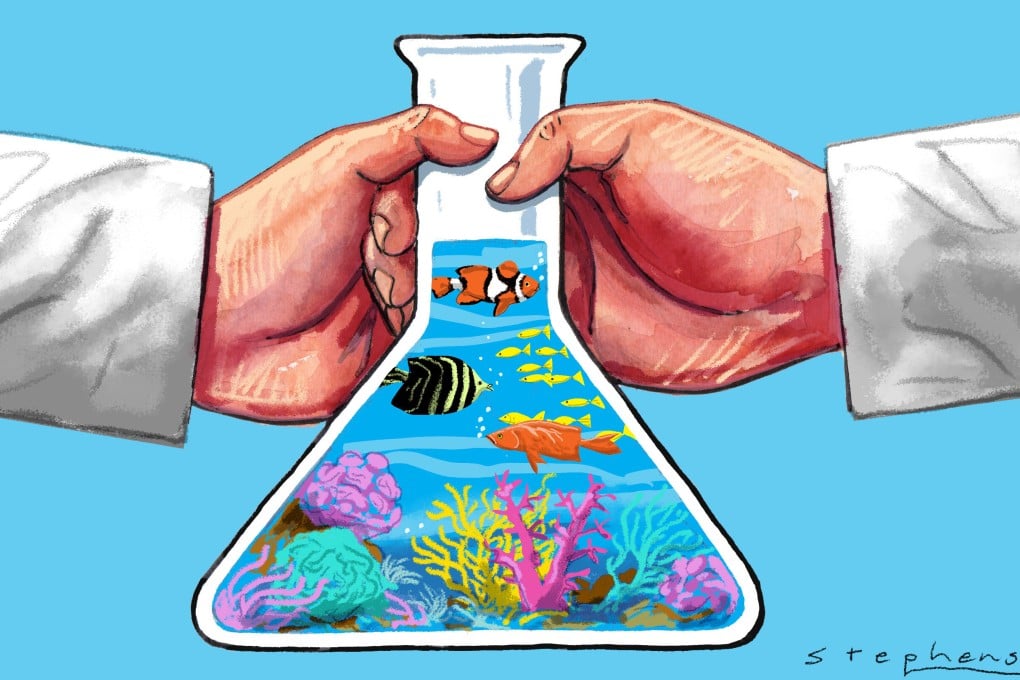Opinion | How science diplomacy can help avert a South China Sea ecological disaster
- Science-based voices are vital to help protect the region’s ocean as land reclamation, industrial run-off and overfishing risk irreversible damage
- Science diplomacy can establish a useful starting point for regional cooperation to deal with environmental and perhaps geopolitical problems

Although the search for diplomatic efforts and legal solutions seems to be deadlocked, there is a growing consensus that the sea must unite rather than divide them in charting an urgent course for the promotion of sustainable ocean governance. More than 600 million people in the 10 Association of Southeast Asian Nations countries depend on healthy global oceans.
Meanwhile, coral reefs are dying as a result of an ecological catastrophe unfolding in the region’s once-fertile fishing grounds. As reclamation destroys marine habitats, agricultural and industrial run-off poison coastal waters and overfishing depletes stocks, it is clear that more marine biologist voices are vital in a rules-based ecological approach to protect the environment.
There is no time to waste in providing mechanisms for ocean governance in navigating the development of science diplomacy to prevent geopolitical battles over the management of marine resources in the “global commons”.
The convergence of science and geopolitics requires the expansion of scientific forums and collaborative problem-solving. Enter science diplomacy.

